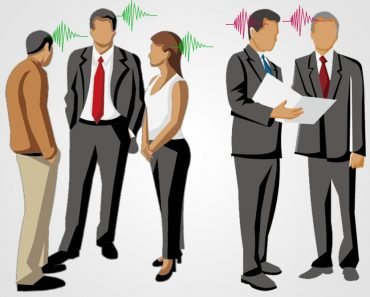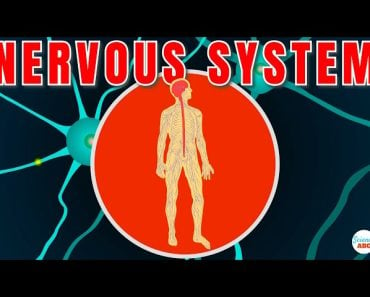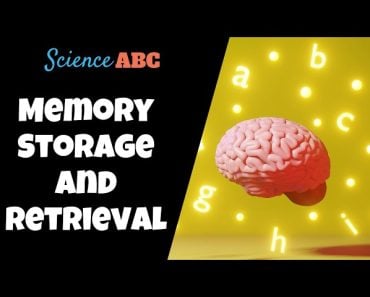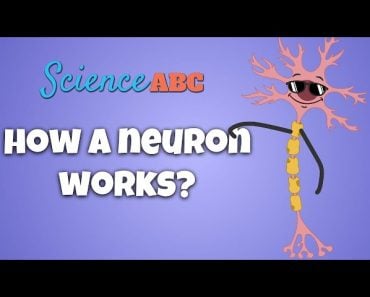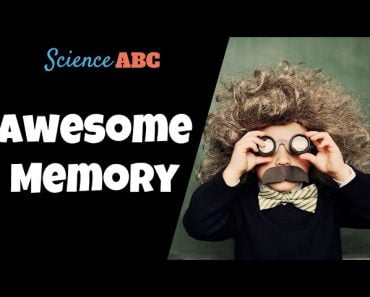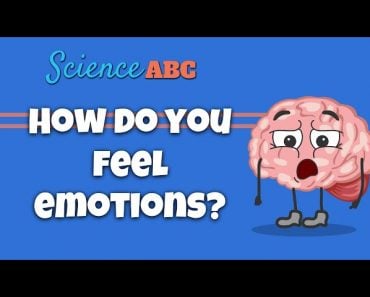Table of Contents (click to expand)
Too tired to read? Listen on Spotify:
Hebbian theory suggests that we need to focus on the subject we are reading about in order to make connections in our memory and better understand what we are reading. If our attention is focused on something else, we may read the words on the page but not really absorb or understand the content.
Perhaps you are reading something for a school assignment, a novel, or a technical summary of the country’s current economic situation when you suddenly realize that you are only reading the words, but you are not really absorbing anything. In other words, you do not understand the content in front of your eyes.
You have probably experienced this yourself countless times, but have you ever thought about why this happens?

Before we begin, it is important to note that the answer to this question, and most other questions related to the mind and the central nervous system, especially cognition, is not well understood by researchers; the underlying physiological processes responsible for these functions cannot be explained by a solid answer backed up by concerted scientific experimental evidence.
Here’s a funny fact: You may have certain beliefs that sound pretty intuitive, which might make you think you know why your brain acts the way it does.
However, it is just one of the known flaws in human thinking, which is called introspective illusion.
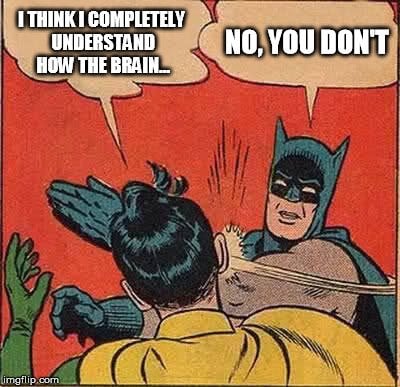
Simply put, all this means that we do not really know why we end up “reading on autopilot” without understanding any of what we are reading. So, this is essentially just logical speculation trying to answer the question.
Recommended Video for you:
Hebbian Theory – Reading On Autopilot
The “keep reading, but the mind wanders off” effect is widespread, or at least more common than you might think. If you think that you are one of the few who suffer from this and that most well-read people don’t, then I have only one thing to tell you…
When you read something, your brain connects the contents of your memory in either a new or at least less frequently used way.
In neuroscience, there is a theory – Hebbic Theory – that suggests an explanation for the adaptation of neurons in the brain when learning, specifying a learning rule that says that the connection between two neurons could be strengthened if the neurons fire the same time.
For this to happen, you must focus on the subject you are reading about. You should “do something” with what you are reading and think about how, for example, to visualize a scene in your head, create a mental summary, etc. These are the processes associated with working memory and can help in the formation of connections mentioned above.

Also Read: Have You Thought About Your Thoughts? What Are They Made Of?
Working Memory And Reading
When you think about something other than reading, your working memory is busy / overloaded with other thoughts, such as daydreaming. As a result, you cannot make connections within your knowledge base because you are thinking about something else. So you may have read a full page, but your brain cannot process it in a meaningful way.
Think of your attention like a spotlight on a stage that draws and grabs your attention. Usually, you only focus on what is in the spotlight, even though a lot is going on outside the spotlight.
However, that doesn’t mean that you have completely locked out everything else that happens outside the spotlight. You are also there, only that you are not “involved” with them to that extent.

Similarly, if you read but are not fully occupied with the book, you do not fully understand what you have just read, as the spotlight focuses on something else.
Also Read: How Does The Brain Pay Attention?
The Attentional System Of The Brain
The brain is constantly bombarded with so much information from the outside world that it is surprising that not more people have deadly headaches due to the flood of information. Fortunately, the human attentional system of the brain ensures that you only pay attention to the things you really need to.
According to Daniel J. Levitin, a scientist and the author of “The Organized Mind”, the human attentional system is divided into 4 parts: central executive mode, mind-wandering mode, attentional filter and attentional switch.
The more time you spend reading, the longer it remains a part of your environment. Consequently, the attentional filter gradually blocks out the book. This, in turn, means that your focus will need to be kept entirely by the central executive mind. This takes a significant amount of effort.
Therefore, after a three-hour examination, you will feel exhausted; just like other parts of the body, your brain needs glucose to function. However, focusing on something makes the brain particularly stressful, causing you to feel tired.

Your brain is designed to minimize the effort, so it assigns the task of reading to the mind-wandering mode to minimize effort. The advantage of this is that you can still read with minimal effort while at the same time thinking about something that has nothing to do with it.
The downside, however, is that the mind-wandering mode is not particularly good at processing information that is not random. As a result, you end up reading on autopilot without really interpreting most of it.
References (click to expand)
- Petersen, S. E., & Posner, M. I. (2012, July 21). The Attention System of the Human Brain: 20 Years After. Annual Review of Neuroscience. Annual Reviews.
- Posner, M. I., & Petersen, S. E. (1990, March). The Attention System of the Human Brain. Annual Review of Neuroscience. Annual Reviews.
- Hebbian Learning Rule. The Federal University of Rio Grande do Sul
- Appedix D: Artificial Neural Network. web.mit.edu
- Pronin, E., & Kugler, M. B. (2007, July). Valuing thoughts, ignoring behavior: The introspection illusion as a source of the bias blind spot. Journal of Experimental Social Psychology. Elsevier BV.


